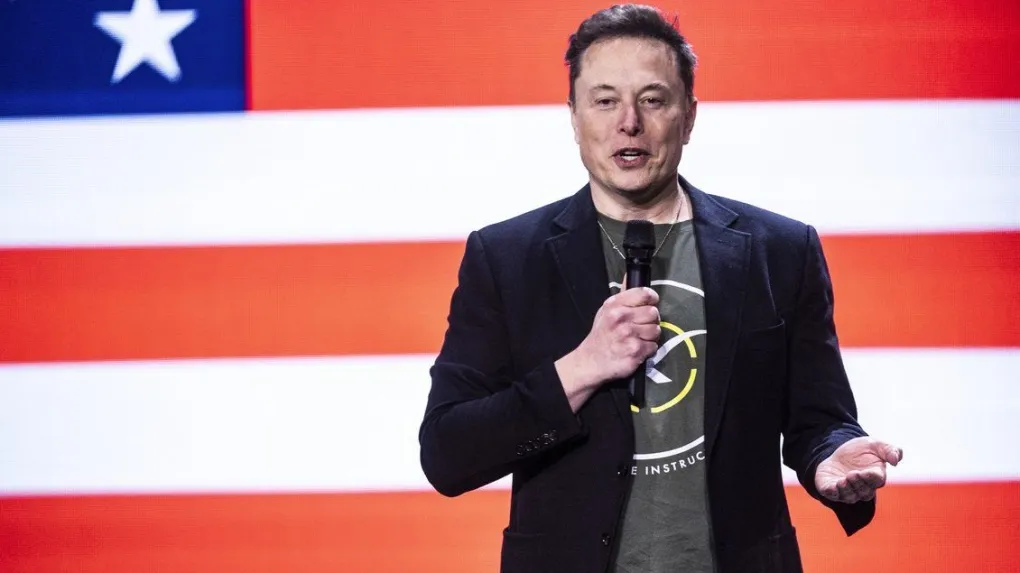Elon Musk will sell his properties in Republican states and turn to blue states: “I don’t feel safe here anymore”
In a shocking statement that hit the economy and politics like a bombshell, Elon Musk, the billionaire boss of Tesla and SpaceX, announced that he intends to sell his properties in Republican states and move to so-called “blue” states, where he would feel safer. This decision, which comes in an increasingly polarized political and social context in the United States, is already provoking mixed reactions.

In an exclusive interview, Elon Musk explained that he currently feels unsafe in Republican states, particularly due to what he sees as the radicalization of conservative politics and increasing social tensions. “I no longer feel safe here,” he said, alluding to concerns about the safety of his family, employees and companies. Musk, who is known for his often controversial positions on social networks, also spoke of a number of state regulations that he considers to be too restrictive and a hostile political culture that he believes does not encourage innovation.
While it’s unclear exactly which properties he plans to sell, multiple sources have revealed that Musk owns property in heavily Republican states like Texas and Florida, where he has relocated some of his businesses. The economic impact of this decision could be significant, as these states benefit from the presence of leading technology companies, including Tesla and SpaceX.

Musk has made it clear that he is considering moving to “blue” states that are generally more liberal, such as California or urban areas of New York or Washington, where progressive politics are more prevalent. These states offer different advantages, including tax incentives for technology companies, less stringent environmental regulations in certain sectors, and an environment that is generally perceived as more socially tolerant.
Musk, who advocates for innovation and economic freedom, explained that blue states offer opportunities that are more aligned with his values and long-term goals, while stressing that the safety and personal well-being of those close to him now take a central place in his priorities.
The business community is divided over Musk’s decision. On the one hand, some support his approach, arguing that he is free to choose where he lives and where he bases his activities, and that his decision to leave Republican states could be a logical response to a political atmosphere that he feels is at odds with his personal and professional beliefs.
Others, however, see it as a symbolic gesture of disconnection between the ruling class and the country’s political reality. Some Republican and conservative supporters criticized Musk’s decision, saying he was choosing to leave regions he previously considered favorable for his company. “This is another example of the liberal elite disconnecting from the rest of the country,” commented one conservative political analyst.
It’s also possible that Musk’s decision reflects a broader phenomenon in which more and more very high-income people are trying to escape tax policies they consider too burdensome or a social environment they consider too polarizing.
This announcement could also have an impact on the economies of Republican states where Musk is currently very established. In addition to their personal properties, Tesla and SpaceX have manufacturing and research sites in states like Texas, where tax incentives and affordable labor are key factors in companies’ location decisions. The impact of a massive real estate sale or investment pullback could be profound, although some analysts expect Musk to stay in touch with his technology projects in those states even after he leaves office.